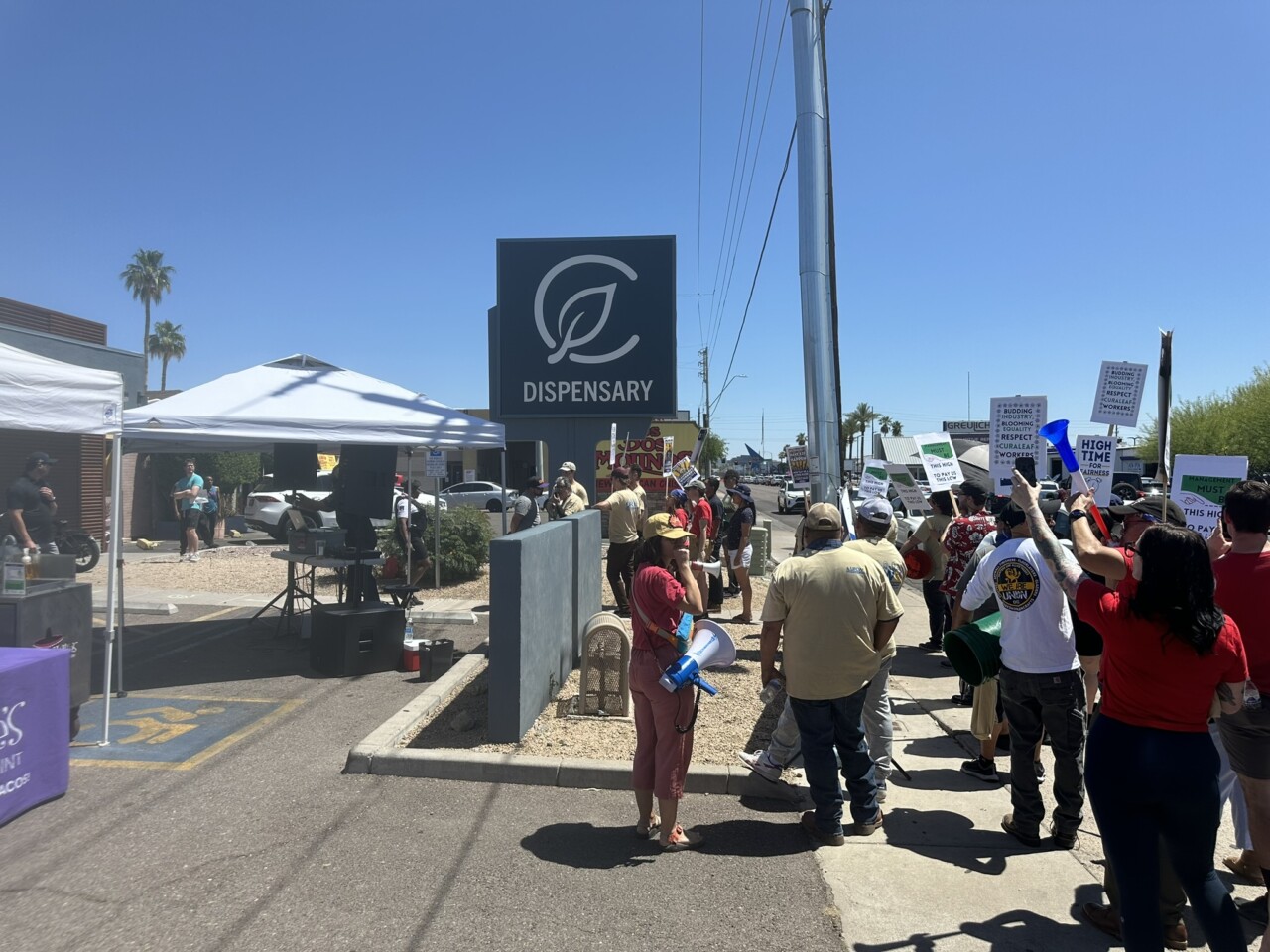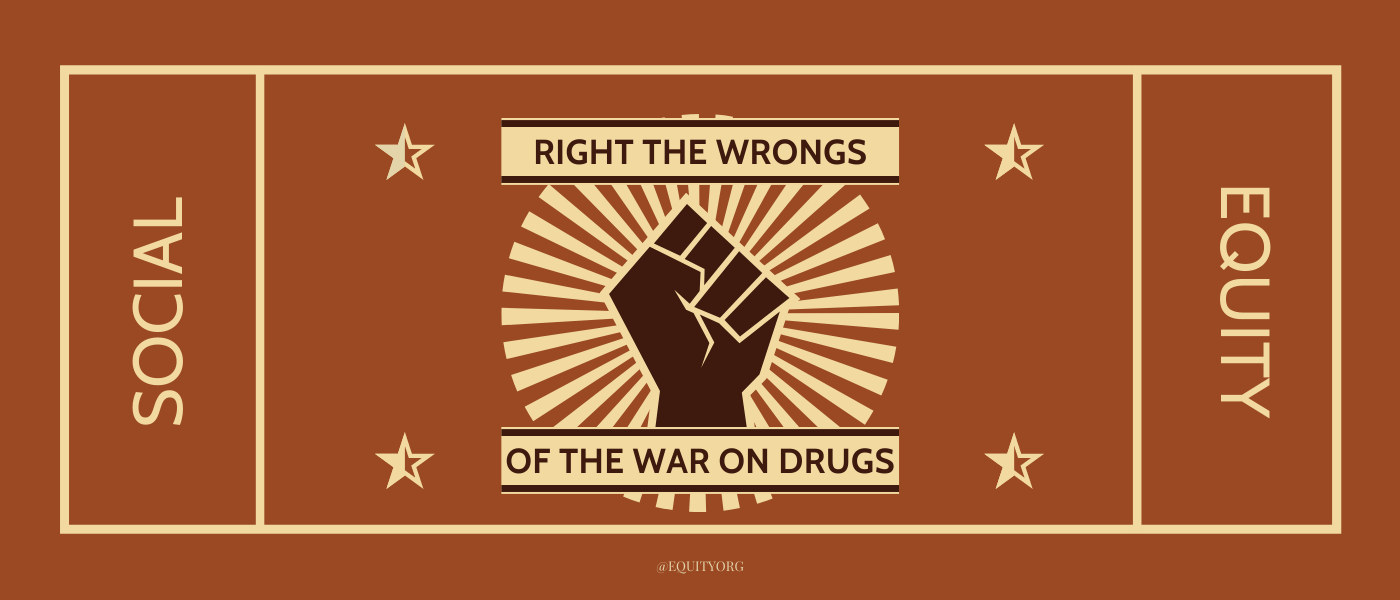The legalization of marijuana in Colorado and Washington state has forced the U.S. government to begin standing down in the global war on drugs.
Noting the end of marijuana prohibitions in two American states, William Brownfield, the assistant Secretary of State for the Bureau of International Narcotics and Law Enforcement Affairs, said “things have changed” during a press conference at the United Nations in New York last week.
“How could I, a representative of the government of the United States of America, be intolerant of a government that permits any experimentation with legalization of marijuana if two of the 50 states of the United States of America have chosen to walk down that road?” Brownfield asked.
His remarks, first reported by InSight Crime, signify a huge shift in American policy toward other nations seeking to modernize their own drug policies. Historically, the U.S. has pressured other countries to maintain the prohibitionist approach under international drug control treaties.
Now that the U.S. has legal marijuana in its own backyard, however, the State Department and other agencies can’t really go around pressuring other countries not to do the same. At least not with a straight face.
“The first of [the drug control treaties] was drafted and enacted in 1961. Things have changed since 1961,” said Brownfield. “We must have enough flexibility to allow us to incorporate those changes into our policies.”
The U.S. and the U.N. need to “accept the fact that some countries will have very strict drug approaches,” he said. “Other countries will legalize entire categories of drugs. All these countries must work together in the international community. We must have some tolerance for those differing policies.”
But don’t mistake Brownfield for a legalizer. While acknowledging that ending prohibition is “clearly part of this international debate, and there are clearly those …read more







Leave A Comment
You must be logged in to post a comment.